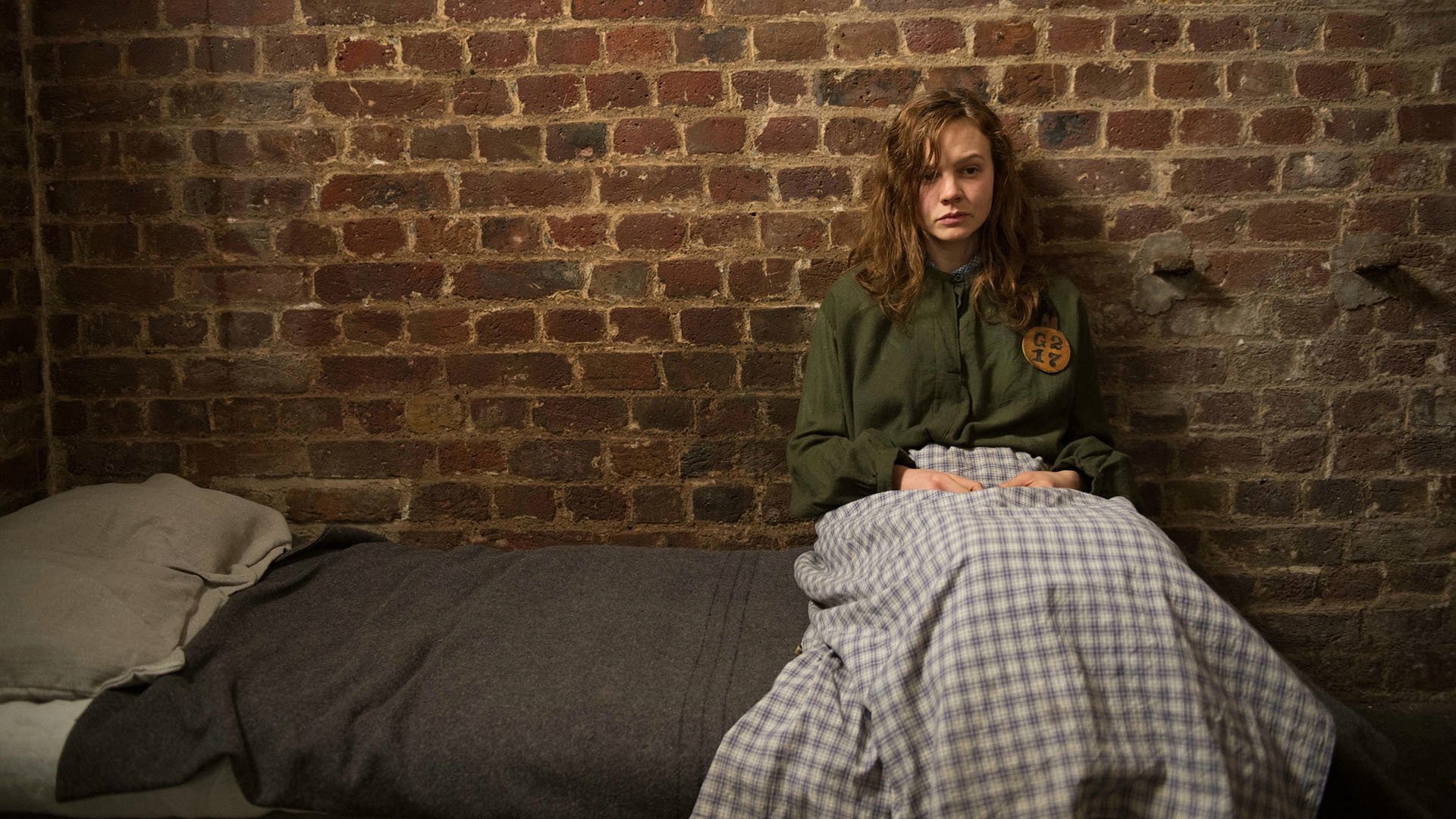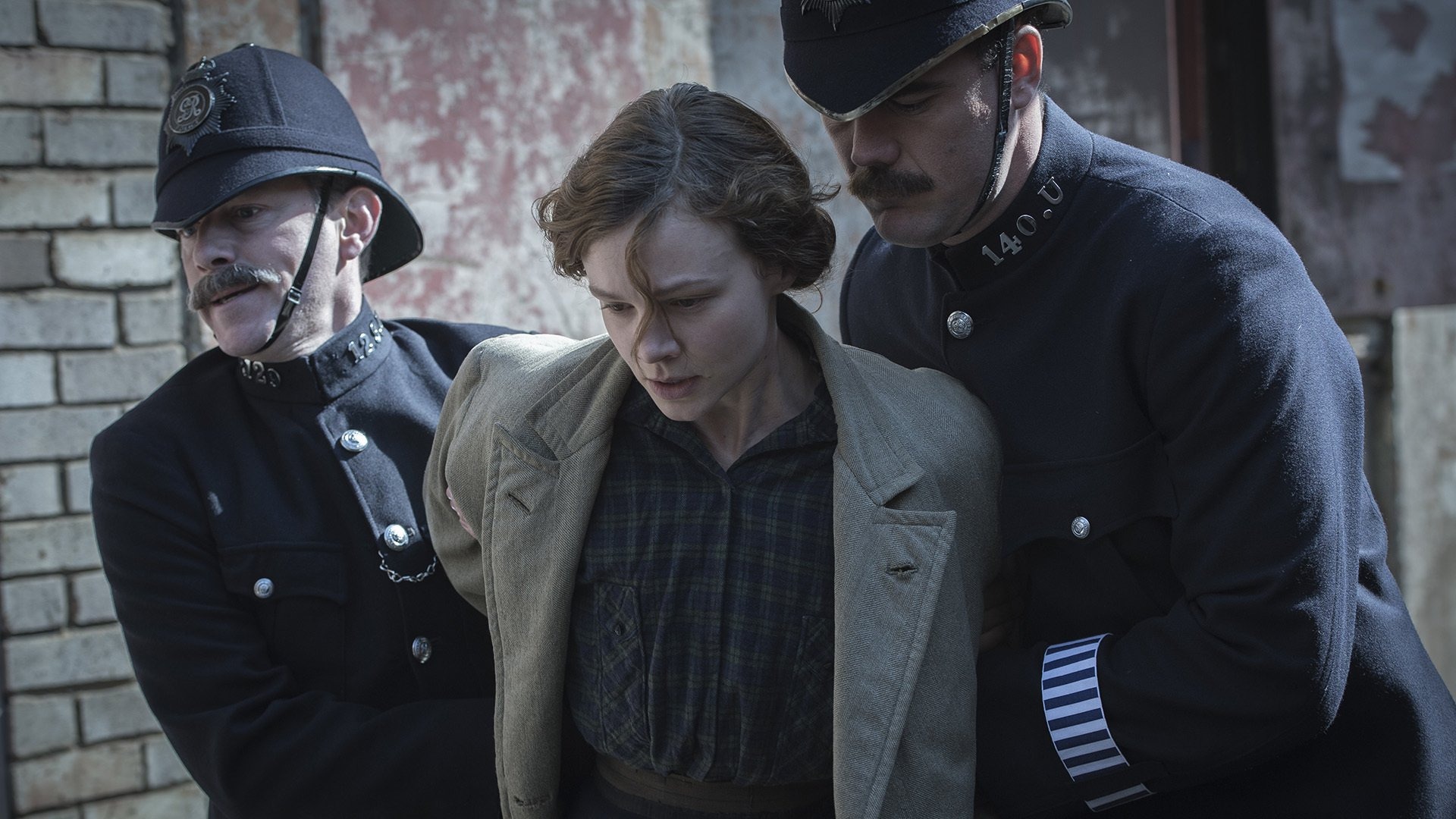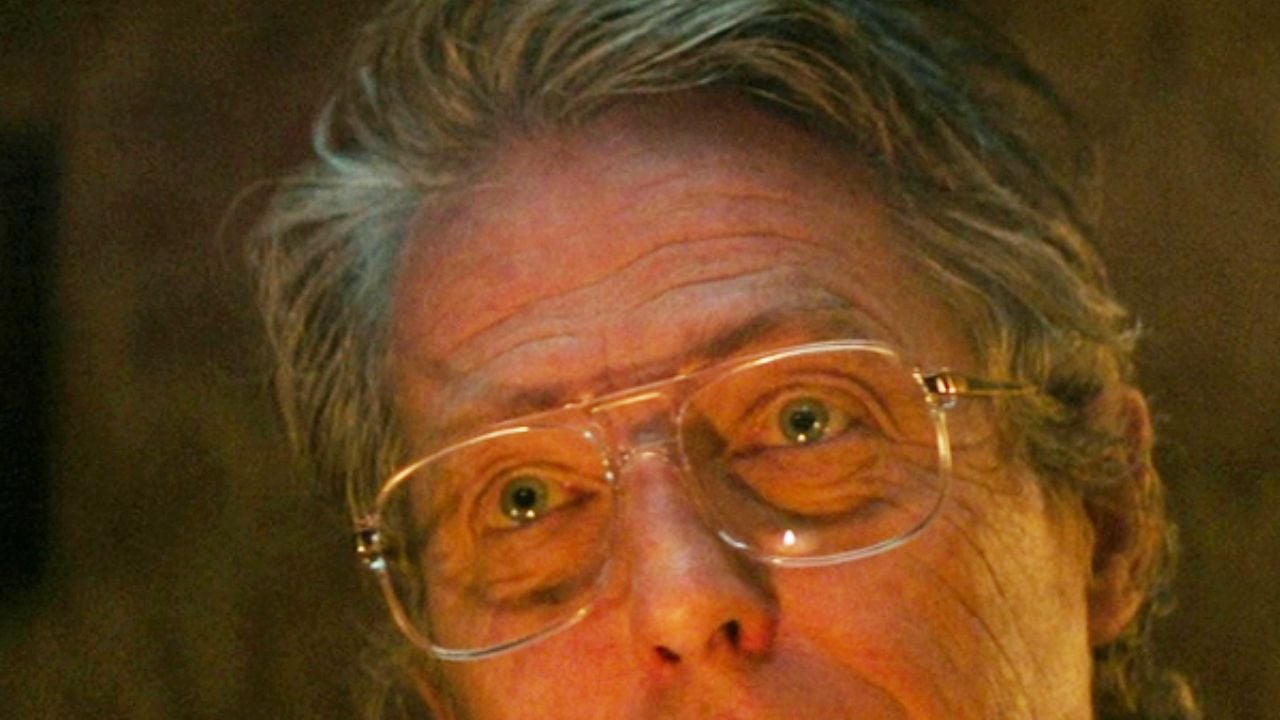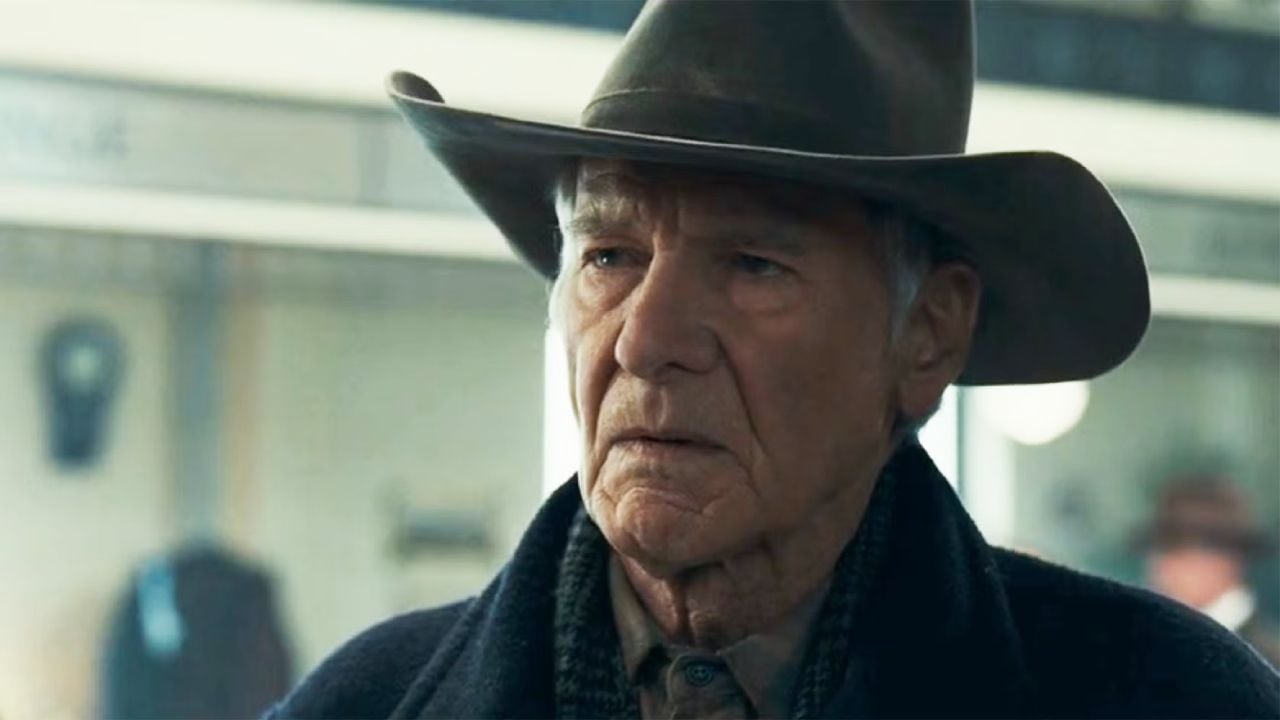The Suffragettes : Highlighting an important struggle for women
It was in 1918, in England, that women over 30 gained the right to vote. Although they had to wait until 1928 to see this age limit lowered to 21 to match that of men), it was a great step forward for English society. But getting there took a several-year battle started by a group of women. Directed by Sarah Gavron, The Suffragettes (2015) tells the story of these activists of the British movement for women’s right to vote. The film is set during the last years of their struggle, in 1912, and the story mixes real historical figures and fictional ones. The cast consists of, among others, Carey Mulligan, Helena Bonham Carter, Brendan Gleeson, Anne-Marie Duff, Meryl Streep and Ben Whishaw.

We find it so women of different social classes united around the same goal and will do anything to obtain this right to vote. Demonstrate, break windows, get imprisoned or go so far as to commit suicide under the hooves of a horse for the cause. In any case, this is the tragic fate of one of the film’s protagonists. An event that actually happened in 1913.
On paper, highlighting the women who fought for the right to vote in England is a good thing. Furthermore, the feature film had decent response from the press with, on Rotten tomatoesan average of 73% favorable opinions on 223 reviews, or an average of 3.3/5 on the 18 newspapers brought together by Assigned. However, the feature film could not escape a controversy upon its release.
A controversial shirt and a lack of diversity
During the promotion, actresses Carey Mulligan, Meryl Streep, Anne-Marie Duff and Romola Garai, who play The Suffragettesposed for photos with a t-shirt deemed problematic. On it was indicated the phrase “I would rather be a rebel than a slave” (“I would rather be a rebel than a slave”). from a quote of Suffragette leader Emmeline Pankhurst, who made this statement during a speech.
However, this sentence made some people gasp when they saw it a metaphor for slavery. The fault lies in the use of the word “rebel” which, in the United States, has a different connotation, explained Hélène Quanquin Telerama.
It’s a phrase taken from a real speech of the time and which scandalized many when the film was released. First of all because the metaphor of slavery to describe the condition of women, especially white women in the film, is very unfortunate. Even the word “rebel” is poorly chosen because he was referring to pro-slavery Southerners during the Civil War. This is a historically correct phrase that, taken out of context, is not appropriate.
Of course, this is mostly about clumsiness rather than racist intent. Only it adds to this lack of diversity In The Suffragettes which has been identified. And this, despite this many women of Indian origin took part in the fight for women’s right to vote in England.
Also, there were many Indian women who fought in England for the right to vote: they are not represented in the film. The film may be interesting for its historically accurate portrayal of social diversity, but it remains a blind spot when it comes to ethnic diversity.
According to Hélène Quanquin, the director chose not to show these women “because she thought it was too complicated”. To sum up her thoughts, the director would respect him these Indian women could be the subject of a full movie around them, because “it is an issue to be addressed in itself, which cannot simply be alluded to in the film”. An insufficient justification for some, such as for Hélène Quanquin who specifies: “The problem is this it often excludes the same people“.
Source: Cine Serie
Ray Ortiz is a journalist at Gossipify, known for his coverage of trending news and current events. He is committed to providing readers with accurate and unbiased reporting, and is respected for his ability to keep readers informed on the latest news and issues.








![Plus Belle La Vie ADHER: Mistral farewell to Samuel … which awaits you a week from June 14 to July 18, from July 18, 2025 to July 18, 2025 [SPOILERS] Plus Belle La Vie ADHER: Mistral farewell to Samuel … which awaits you a week from June 14 to July 18, from July 18, 2025 to July 18, 2025 [SPOILERS]](https://fr.web.img6.acsta.net/img/7b/07/7b078e62648522533356d00e1432dca3.jpg)
